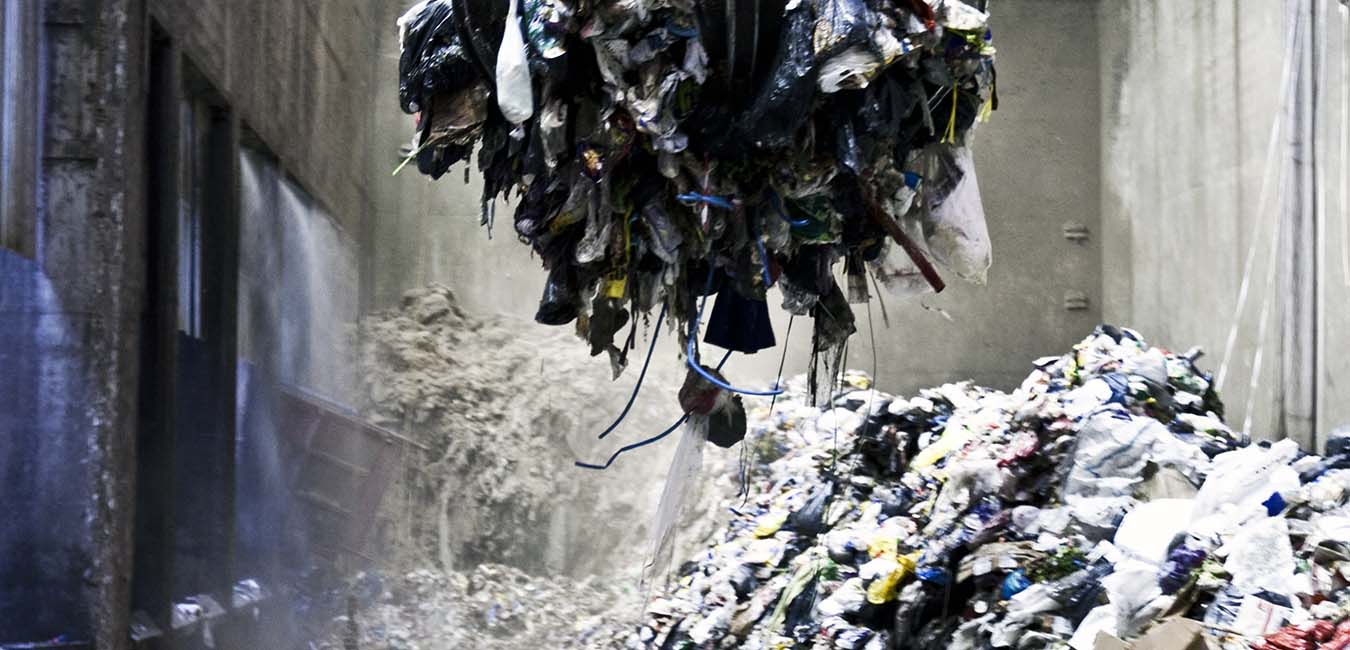In a new survey published by the Danish Technological University Sustain (DTU Sustain) it is shown that Danish companies still struggle to find their way with recycling products instead of just sending them to waste.
On a positive note, almost half of the companies who took part in the survey say they believe their company can transform and use a circular economy model. And more than two thirds of the respondents believe that it is important that companies actively participate in enhancing environmental sustainability.
According to DTU the reason there is still little action among the Danish companies derives from lack of knowledge on how to make the transition to a more circular economy-based way of working.
What is circular economy?
Circular economy is a sustainable alternative to linear economy, where focus is on how waste can be turned into new profit or useful products.An analysis from the Ellen MacArthur Foundation shows potentials for Denmark, if companies transfer to circular economy.
Among many other things, the transfer can create 7-13 thousand more jobs, it can reduce Denmark’s carbon foot print by 3-7% and reduce costs for new production by 5-50%.
What is the solution?
FH have made several reports on how to encourage the green transition in the work place. One thing is certain: Education and involvement of employees in the transition is crucial.
When both employers as well as employees report that they lack knowledge on how to make a just green transition, it should without a doubt be a focus area to enhance knowledge. Employers need to encourage possibilities for their employees to get further education in aspects of transitioning to circular economy, but they also need to speak with their employees about their ideas to make green transitions.
Employees are the people on the floor, and oftentimes they have ideas from their daily work life on how to recycle or repurpose waste.
FH’s Climate Panel of Employees made a report last year, including several examples of how they changed their work place in a greener direction after the employers gave them the opportunity to do so.


